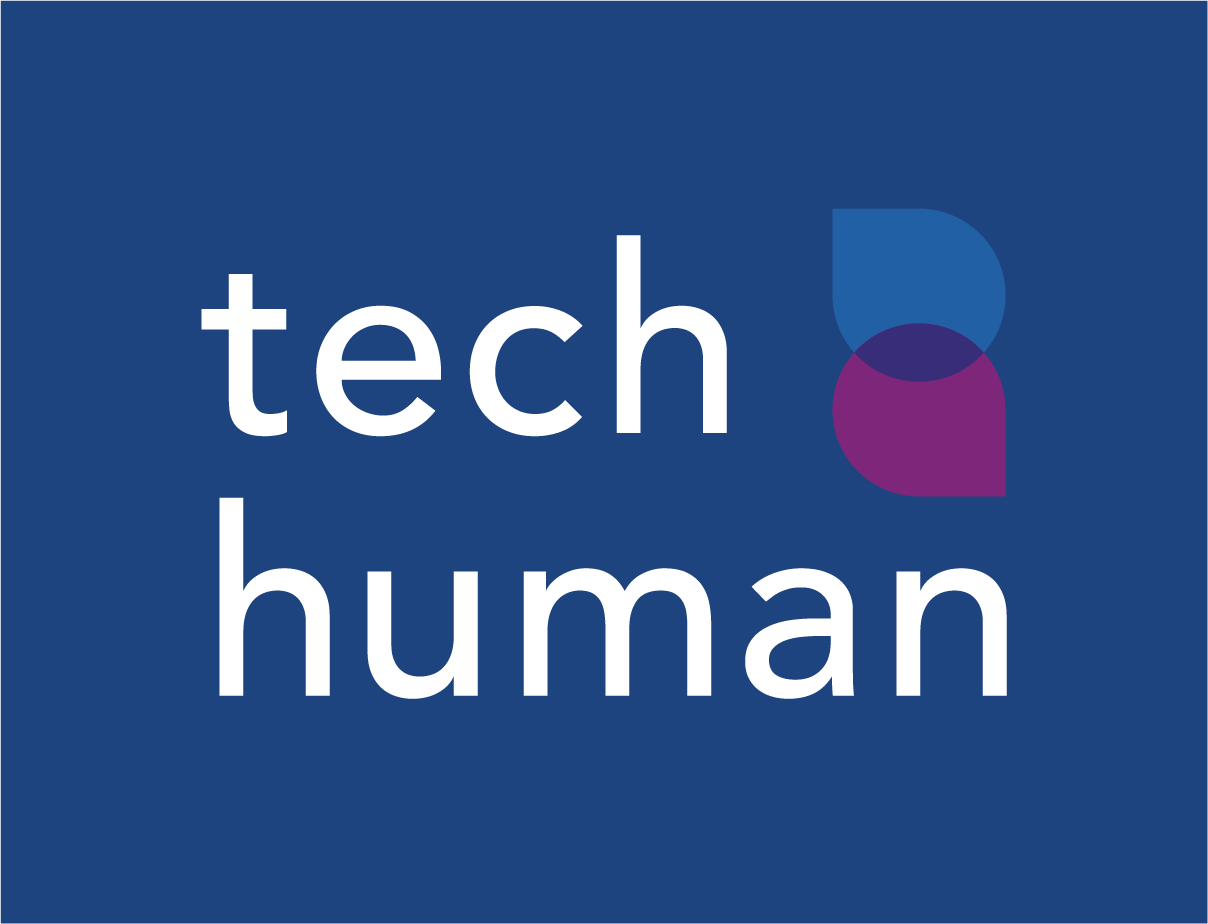Politicians and Regulators - Introduction
AI and digital technologies are creating particular and unique challenges for regulatory authorities and governments around the world.
1. Speed of change and unforeseen consequences
It was only in 2007 that Steve Jobs announced the first iPhone and nobody foresaw how billions of smartphones around the world would change human behaviour, relationships and society within a decade. An infamous slogan of Silicon Valley is “Move fast and break things”, with the naïve assumption being that disruption of established structures and frameworks is always positive.
2. Concentrations of power, expertise and economic resources
A small number of commercial companies and stakeholders, primarily in the USA and China, are exerting extraordinary power across the world. These companies are buying up the best technical talent around the world, buying up or neutering the competition and spending billions in lobbying politicians. Old-fashioned approaches to competition regulation are ineffective. The technology is very new but the power dynamics are very old and very well-defended.
3. Surveillance capitalism and behaviour modification
The power and reach of 24 hour surveillance by a myriad of tech companies is mind-boggling. Traditional ideas of privacy appear to be obsolete and invasive technological surveillance is defended by police and security services as essential to combat crime and terrorism. At the same time covert technology is being used to manipulate, coerce and modify our behaviour for commercial ends. This technological onslaught tends to lead to passivity, a sense of individual hopelessness and fatalism, described by Zuboff as ‘psychic numbing’. We know that we are being monitored and manipulated and yet we continue to use the technology because ‘there is no alternative’.
The technology raises genuinely new ethical, moral, personal and theological questions.
The ability for machines to simulate most if not all aspects of human behaviour will become astonishingly effective. If you can’t tell the difference between whether you are interacting with a real human or a machine – does it matter? The power of simulation carries great potential for good in many areas, but it also raises obvious potential for manipulation, deception, coercion, abuse and so on.
It seems clear that the major tech companies are unwilling or unable to regulate themselves effectively and the onus is on regulatory authorities and governments around the world. This is now a very active and rapid developing area and many new initiatives are underway both within governments and NGOs, as well in Academia and community initiatives. As curators of this community, we are also involved in contributing directly and indirectly to some of these groups, both secular and faith-based; formal and informal. These include groups like the EU High-Level Expert Group on Artificial Intelligence, the Centre for Data Ethics and Innovation, Office for AI, TechUK, Christians in Parliament, Jubilee Centre, Faraday Institute and Theos Think Tank. We recognise the great work being done by these and other organisations like the Center for Humane Technology in the United States and the IEEE with their work on Ethically Aligned Design.
TechHuman has been set up to enable and promote the development of authentically Christian perspectives on the opportunities and challenges that technological change is bringing. We hope to provide well-informed, thoughtful and helpful resources for regulators and politicians who wish to explore how technology can be orientated to help us flourish as human beings, created in God’s image. But we are also strongly convinced of the urgent need for new regulatory mechanisms to minimise and counteract the personal and societal harms of uncontrolled technological development.
A helpful concept is that of ‘harm reduction’ or ‘harm minimisation’. It is generally recognised that in the treatment of heroin addicts it is most desirable that they should be helped to become drug-free. Yet for those who continue in addictive behaviours the provision of clean syringes and needles is recognised as being ethically appropriate because it reduces death and permanent harm.
In the same way, although it may be desirable to help people live without addictive technologies, it may be a higher priority to find novel regulatory approaches which counteract or minimise the addictive power of the technologies. One example might be outlawing hidden behaviour modification techniques which reinforce continuous smartphone use.
The founders of TechHuman are speaking out of orthodox historic Christian beliefs and commitments but we wish to practice a ‘generous orthodoxy’, open to many different strands of belief within the Christian community (and beyond) and hosting a conversation about how new technologies can be regulated, controlled and orientated for human and societal flourishing. Please join us and become part of the conversation.
John Wyatt
Jonathan Ebsworth




